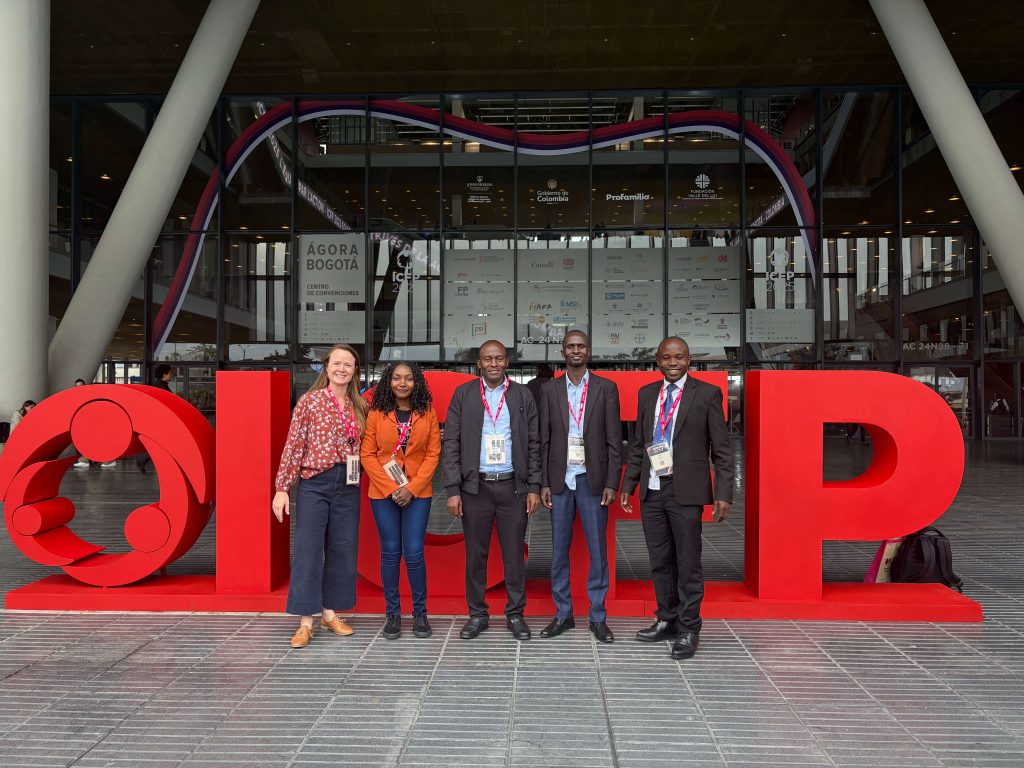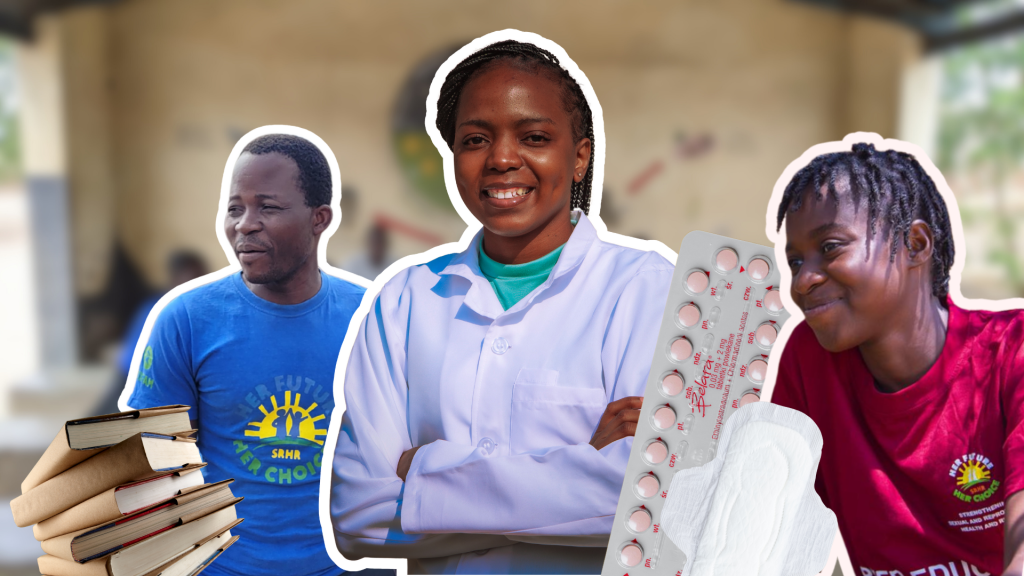Decent work for women calls for sexual and reproductive rights
Reproductive health and decent work are inextricably linked for women. Across the globe, women are the primary caretakers of children and a woman’s reproductive years tend to overlap with her economically productive years. Planned and unplanned pregnancy and childbearing affect women’s ability to pursue different types of economic opportunities and even the choice of sectors in which they seek to work.
So why do programs that claim to promote women’s economic empowerment, or WEE, ignore this foundational barrier to their success?
Evidence citing the economic benefits of investing in comprehensive sexual and reproductive health and rights agenda are easily identified in the work and recommendations of development actors in the health sphere, yet limited reference and acknowledgment of SRHR exists in policy and programming on WEE.
Read the rest of the opinion piece here.
About the authors
Sarah Gammage is director of gender, economic empowerment, and livelihoods at the International Center for Research on Women. She leads the organization’s work on women’s economic empowerment with a particular focus on labor markets, the care economy, time use and time burdens, and intra-household processes. She has more than 25 years of experience as a researcher and feminist economist, providing policy advice and supporting strategic advocacy on gender equality in Latin America, Africa and Asia.
Dana Stefov is a women’s rights policy and advocacy specialist and the policy lead on sexual and reproductive health and rights and women’s economic equality at Oxfam Canada. She has published on feminist approaches to aid and foreign policy, monitoring, evaluation and learning, sexual and reproductive health and rights, women’s economic empowerment and justice, Canadian aid, trade and investment agreements and financing for climate change adaptation.

